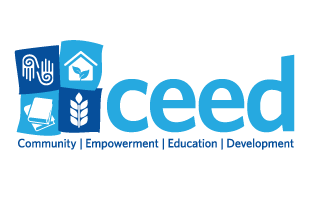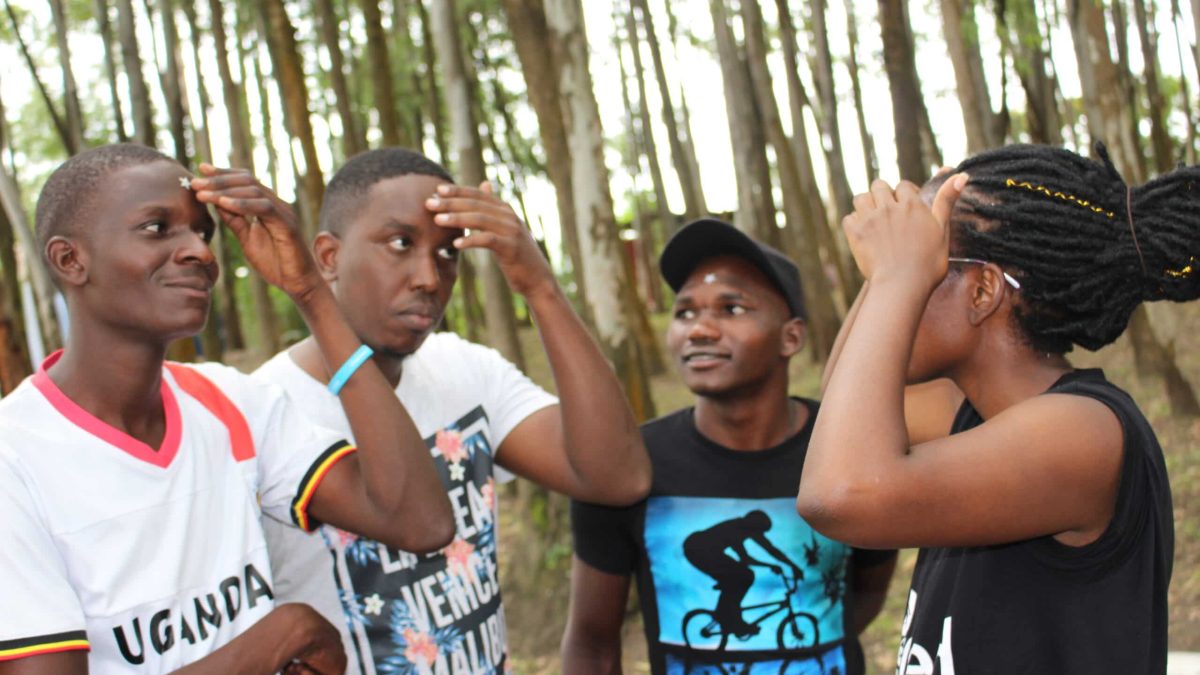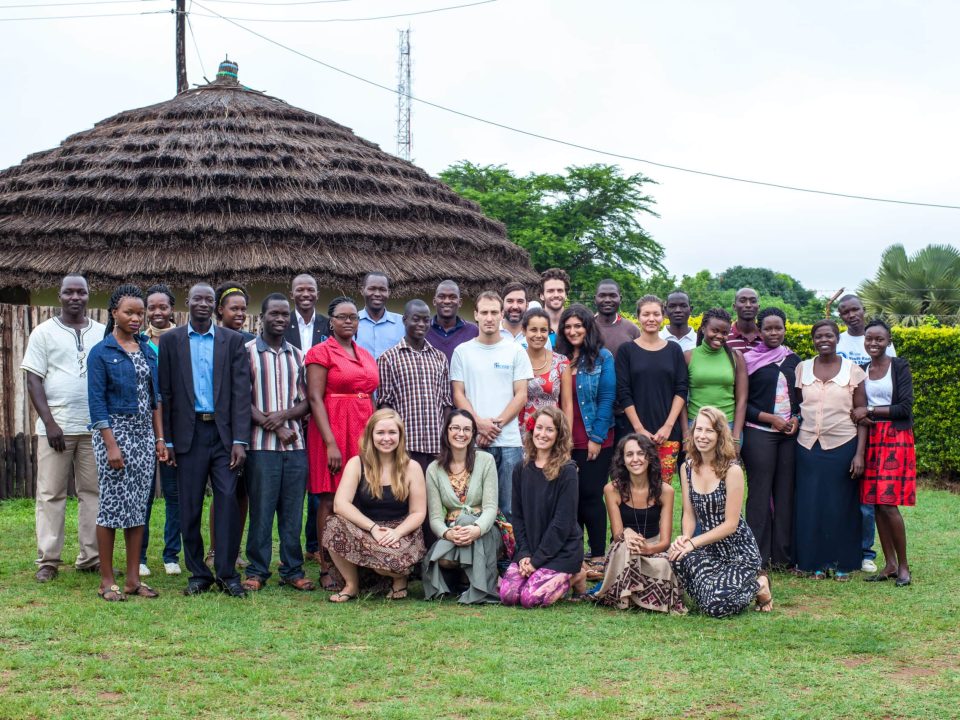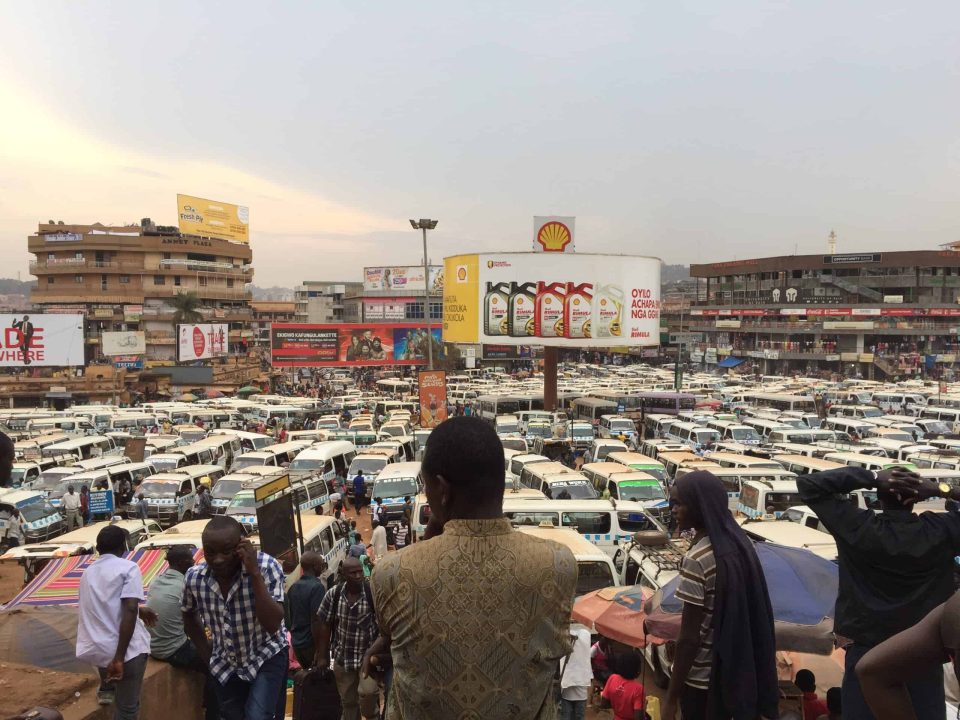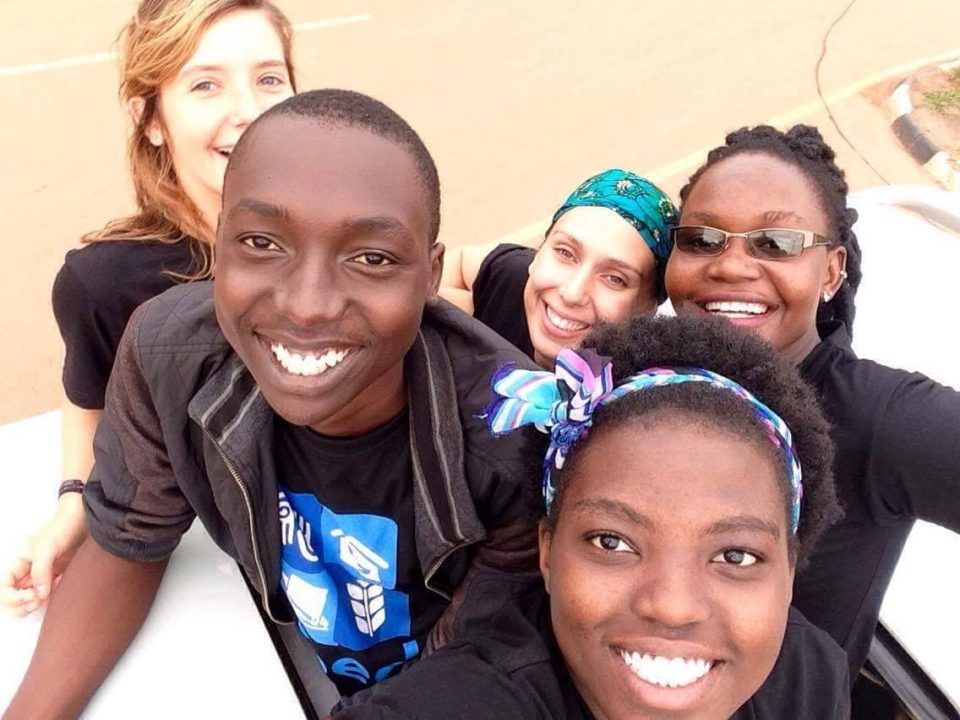
CEED finances Street Soccer Campaign that Supports Equality
November 25, 2020
*New Internship Alert* CEED Concordia’s Virtual Technology and Education Internship
December 21, 2020The problem with many international development projects…
Like many kids in high school I was passionate about “making a difference” and was spoon-fed the hope that I can “change the world”. I participated in a humanitarian trip to Ghana and it was everything it was advertised to be, including the feeling of self-fulfilment that I helped the community. I was confident in my decision at age 17. I had the choice to either travel on the traditional Europe trip or get my hands dirty, travel to a developing part of the world, and volunteer my time for a good cause. Six years later looking back on photos from the trip, I had no right to be there. The trip was unethical, unsustainable, and served only to profit off of my trip fees. In hindsight, humanitarian trips were sought after as a good-samaritan act. Now I understand that this voluntourism is just perpetuating the white saviour complex.
Now some of you might think but wait I built a school that didn’t exist before or I taught English to people who didn’t speak it. I did something to help, so therefore these organizations must be doing good community work. Yes, you did make an impact; but take a step back and ask – was I really the best person to do that job?
Most likely not. But the white saviour complex empowers you to think this way. Voluntourism supports a western standard for development and convinces you that this grants natural leadership qualities in whatever task you are able to perform. The white saviour complex is the crux of the voluntourism industry and makes little effort to empower existing community leaders or support grassroots projects and local businesses.
Voluntourism’s ultimate goal is to service the paying tourist in delivering a spiritual and humanitarian experience, rather than sustainably developing the community. These trips establish a false plan of development that minimally involves local engagement, decision making, and expertise. Voluntourism caters to the extent that the tourist is fulfilled whilst denying the tools, resources, and opportunities for the community to advance past a tourist destination.
How can we make a real difference
The reason why I ask if you were really the best person to do that job is that there is most likely already a local with more precise skills to perhaps build a school or teach in a classroom. The humanitarian trip essentially robbed their opportunity of contributing to their own community because you paid for your place to be there. These communities are therefore trapped in a revolving door of unskilled volunteers to deliver temporary improvements.
I believe the one value that separates a white savior organization and a sustainable development organization is: solidarity.
By working in solidarity with the local community, you empower them to lead on development projects, depending on their skills and knowledge, and seek their local businesses to make significant positive impacts in their community. Delivering these objectives go hand in hand with asking the honest questions: who speaks their language, who knows their issues, and who knows their goals? The answer is always the locals. Who better to improve their community than the locals themselves?
A sustainable development organization would prioritize the interests of the community and grant you an honourable role of support depending on your skills. Unlike voluntourism, where no protocols for an interview exist nor criteria for skills are met. Sustainable development organizations would actually care about qualifications and seek out the best individuals for the job – and hopefully filling a gap that could not have been found in their community.
Lastly, a sustainable development organization would not depend on a revolving door of volunteers but rather commit to a permanent local team to stabilize operations and fulfil projects.
CEED’s approach to international development
When I discovered CEED in the second year of my undergraduate degree at Concordia University, I understood that their approach to international development was ethical and sustainable, and I was more than happy to be included in their team of interns in 2018.
CEED works in solidarity by employing an equal staff ratio of Canadians and Ugandans for positions of interns, management, and administration. The Canadians take a supportive role as Ugandans lead ideas of community development and seek local businesses and current grassroots initiatives to deliver on their projects.
CEED also conducts interview procedures and orientation sessions for incoming interns to ensure specific skills are matched for the projects in progress, and that all interns are briefed on expectations and requirements. The CEED organization simultaneously operate by two offices – one in Montreal, QC, and one in Gulu, Uganda. Once Canadian interns leave by the end of summer, they are more than stable and equipped to continue delivering on projects.
The white savior complex unfortunately continues to dictate many organizational efforts and prioritize the experience of the paying tourist at the expense of the community in need. The non-profit organization CEED is remarkable in its work to reconstruct western approaches to international development and serves as a higher standard for other organizations to follow.
Writer – Annie Yeo
2018 CEED Intern
